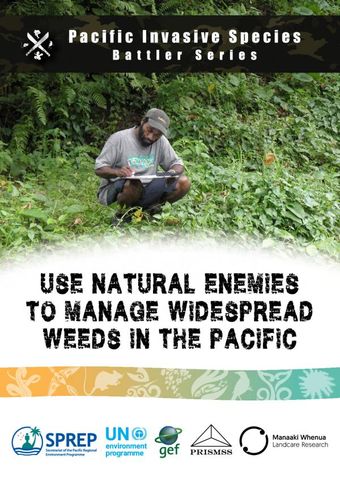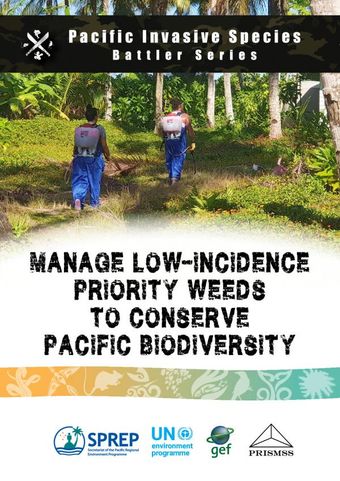Indigenous peoples’ attitudes and social acceptability of invasive species control in New Zealand
- Description:
- Context. In Aotearoa New Zealand, a significant threat to biodiversity, conservation efforts and Indigenous cultural identity is the unwanted introduction of invasive pests, plants and pathogens. Currently methods to control invasive species in Aotearoa New Zealand, in particular mammalian pests (i.e. possums (Trichosurus vulpecula)) have had decreasing public support. This has likely come about for a number of reasons, including lack of social engagement and concerns over impacts combined with an increasing distrust of top-down initiatives. Aims and methods. We analysed opinions towards existing and emerging technologies to manage invasive species. Data were obtained from 1015 respondents who identified as Indigenous Maori from a national survey of 8199 respondents. Utilising psychological frameworks to investigate underlying beliefs of social acceptance, we analysed the responses using exploratory and latent class analysis methods to summarise the main perspectives. Key results. Our results revealed four distinct clusters of viewpoints among within Maori respondents that were explained by known (objective) and subjective scientific knowledge around pest control methods, and Indigenous community wellbeing. We also observed a general neutrality in trust towards science, but more trust in scientists than science institutions. Conclusions and implications. Understanding the underlying values and viewpoints associated with pest control and including these in developing engagement plans will ensure a responsible process that empowers Maori. This way forward is key to sustain pathways of engagement and positive participation in decision-making.
- Display date:
- 2021
- Location:
- Pacific Region
- Collections:
- Secretariat of the Pacific Regional Environment Programme (SPREP)
- Publisher:
- CSIRO Publishing
- Content partner:
- Secretariat of the Pacific Regional Environment Programme (SPREP)
- Availability:
- Not specified
-
Copyright status: All rights reservedFind out more about what you are able to do with this itemThis item is all rights reserved, with means you'll have to get permission from Secretariat of the Pacific Regional Environment Programme (SPREP) before using it. For more information, please see our use and reuse page.What can I do with this item?Non-infringing useNZ copyright law does not prevent every use of a copyright work, and this item may be hosted by an international institute or organisation. You should consider what you can and cannot do with a copyright work.No sharingYou may not copy and/or share this item with others without further permission. This includes posting it on your blog, using it in a presentation, or any other public use.No modifyingYou are not allowed to adapt or remix this item into any other works.No commercial useYou may not use this item commercially.
Related items
Welcome and warm Pasifik greetings
The information on this site has been gathered from our content partners.
The names, terms, and labels that we present on the site may contain images or voices of deceased persons and may also reflect the bias, norms, and perspective of the period of time in which they were created. We accept that these may not be appropriate today.
If you have any concerns or questions about an item, please contact us.

